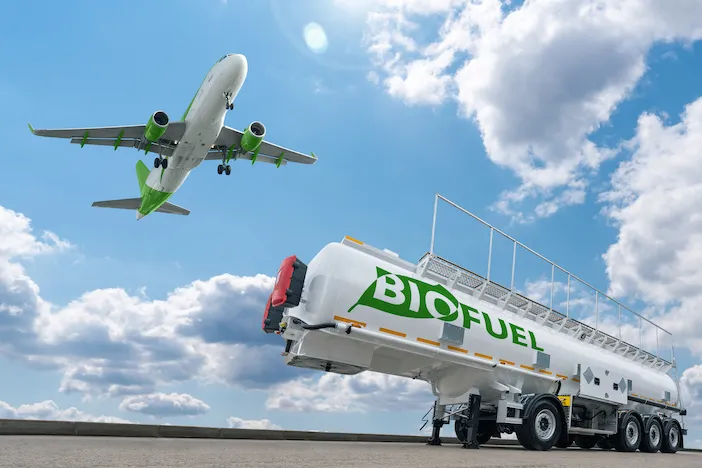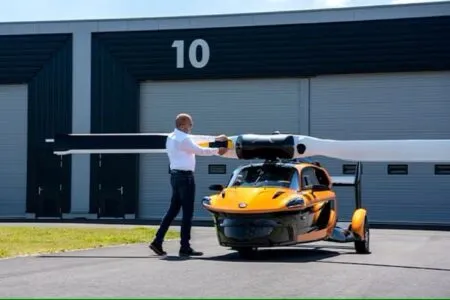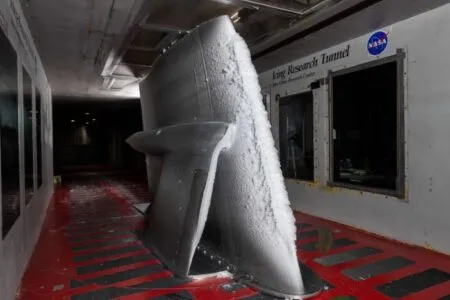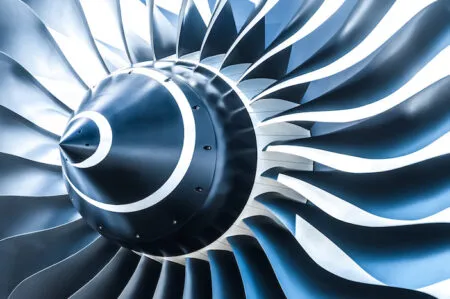Three quarters of the UK’s target for the aviation industry to be zero emissions by 2050 will be met through efficiency improvements, new types of hydrogen and battery-powered aircraft, and the use of sustainable fuel.
The remaining 25% of the mix will be eliminated through carbon reduction mechanisms, according to the latest plan from the UK’s Jet Zero Council, a committee drawn from the aviation industry, academia and the UK Government.
However, the switch to zero-emission aviation will come with a cost and impact the rate at which the aviation industry develops.
Jet Zero first released its strategy to achieve a zero emissions aviation industry at the Farnborough Air Show in July 2022 and has today released a more detailed roadmap to achieve that goal and a two-year plan.
Matt Gorman, chair of the aviation industry group Sustainable Aviation and director of sustainability at Heathrow Airport said, “The UK’s net zero target was established three years ago and today we are launching the plan about how we will get there. This is a clear and credible plan to take the carbon out of flying. It isn’t just a decarbonization opportunity, it’s an economic opportunity.”
Within Jet Zero’s plan, switching aircraft to run off Sustainable Aviation Fuel (SAF) instead of fossil fuels is seen as the single largest contributor to reducing aviation’s carbon emissions at 40%.
The use of more efficient aircraft and the modernization of airspace management processes account for another 25% reduction in carbon emissions, while entirely zero-emissions aircraft that use hydrogen or batteries reduce it by 10%. The remaining 25% is achieved through carbon offsetting and trading schemes, the eventual use of carbon emissions reduction technology, and a lower rate of growth for the aviation industry.
“Some of this technology will have a green premium initially. There will be growth in aviation but just less than we historically thought,” said Gorman. “But research shows people are prepared to pay more for green flights.”
As well as the cost of developing new types of propulsion and aircraft, SAF is more expensive than jet fuel and requires more production facilities to be built. In addition, greenhouse gas removal technology requires funding for its development and operation.
Gorman also called for the UK Government to support decarbonization initiatives in the shape of more funding to support the introduction of SAF and zero flight emissions technology, as well as for plans to modernize the UK’s airspace to operate more efficiently to be brought forward to the end of the decade. He also highlighted the need for more renewable electricity sources to be built – renewable electricity is key to producing SAF and green hydrogen.
“We can decarbonize faster if these policies are in place,” Gorman added.
Transport Secretary Mark Harper said, “This government is a determined partner to the aviation industry – helping accelerate new technology and fuels, modernize their operations, and work internationally to remove barriers to progress.
“Together, we can set aviation up for success, continue harnessing its huge social and economic benefits, and ensure it remains a core part of the UK’s sustainable economic future.”





